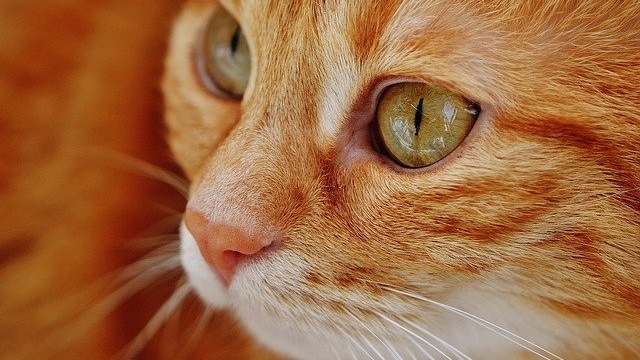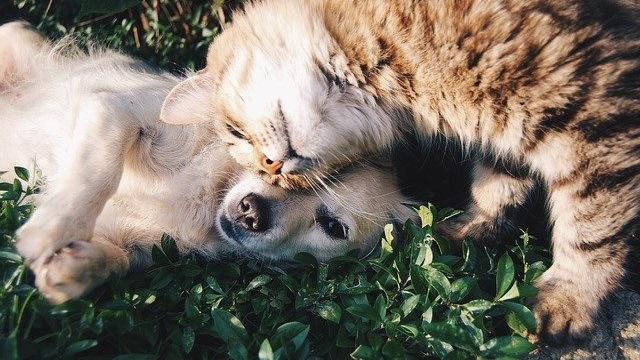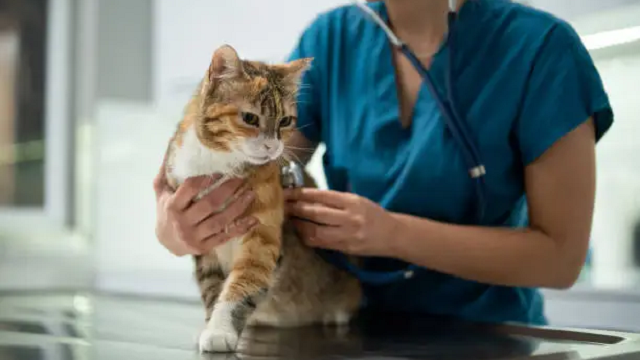Pet Blood Donation – All You Need To Know
In today’s world, a pet blood donation is far from being science fiction. This procedure has been performed for quite a long time, not only in dogs and cats, but also in many other species. It’s one powerful and much needed weapon for treating some life-threatening conditions, from critical cancers or severe internal bleeding, to an underlying clotting problem. Therefore, it’s crystal clear that our buddies becoming donors can make the difference in other pets’ lives.
Much like human blood banks, there are several canine and feline blood banks scattered around the globe. They rely on the generous donations of volunteers who make it possible to have a network strong enough to answer sudden blood transfusion demands.
- Pet blood donation plays a crucial role in treating critical health conditions in dogs, cats, and other species.
- Each blood donation can save multiple pets through separation into useful components like plasma and red blood cells.
- Specific requirements must be met for pets to be eligible donors, including health and behavior criteria.
- Monitoring during and after transfusions is essential to prevent adverse reactions and ensure pet safety.
One pet blood donation can save several lives

As the title says, each blood donor can help multiple pets at once. After the blood is collected, it’s split into different components – white and red blood cells, platelets or plasma. Each of them has unique properties and can be used independently. As an example, red blood cell transfusions are useful when treating anemia and cancer-related blood loss. Plasma transfusions, on the other hand, are used to treat ailments such as internal bleeding or inherited bleeding disorders. This is why the separation process reduces the waste of the blood components!
By being able to only provide the blood component that is actually needed, we also enhance the chances of success of the blood transfusion… As the likelihood of an adverse reaction is drastically decreased.
Becoming a donor
In order for our buddies to be eligible for a pet blood donation, there are a few requirements they have to meet:
Dog requirements:

- Good character – easy-going, calm and friendly;
- Healthy, without any signs of heart murmur or any infectious diseases;
- Must weigh over 50 pounds and not be overweight;
- Between 1 and 8 years old;
- Must be current on vaccinations;
- Cannot be receiving any medications other than heartworm, flea, tick and worming preventive;
- Treatments for heartworm, flea, tick, and worming must be up to date;
- Mustn’t have medical history of severe disease;
- Never received a blood transfusion nor been pregnant.
Cat requirements:

- Good character – friendly and tolerates being handled;
- Healthy, without any signs of heart murmur or of any infectious diseases like FIV or FeLV;
- Must weigh over 10 pounds and not be overweight;
- Between 1 and 10 years old;
- Must be current on vaccinations;
- Cannot be receiving any medications other than heartworm, flea, tick and worming preventive;
- Treatments for heartworm, flea, tick and worming must be up to date;
- Strictly indoors;
- Mustn’t have medical history of severe disease;
- Never received a blood transfusion nor been pregnant.
Steps the donor has to go through

Giving blood is a simple and quick procedure that any dog or cat with a good temper can easily go through.
- The donor should have a light meal 2 to 3 hours prior to the donation. Long fasting periods are not recommended.
- Fresh water should always be available.
- The blood is usually collected from the jugular while the pet is comfortable, seated or lying down.
- The fur usually needs to be clipped, so that the area can be thoroughly cleaned and disinfected.
- The pet might need to be lightly sedated.
- Behaviour and vital signs, like the pulse, heart rate and mucus membranes, are monitored throughout the entire process. If there is any problem, the procedure is immediately stopped.
- Collecting blood takes about 15 to 30 minutes.
- Medical supervision is recommended for at least 20 to 30 minutes after the blood collection.
- After the donation, it’s important to provide a highly caloric and tasty meal, plus lots of water.
- Exercise should be avoided for the next 24 hours.
Are there different pet blood types?

Both dogs and cats have their own blood types, which should be typified so that blood transfusions are made with compatible blood. Incompatibilities can set off adverse reactions – besides blood typification, crossmatching tests help veterinarians overcome this issue. A crossmatching test identifies if the red blood cells from the donor will be destroyed by the recipient’s immune system once the blood is transfused.
There are eight commonly identified blood types in dogs, named DEA (dog erythrocyte antigens) and categorized by numbers: 1.1, 1.2, 1.3, 3, 4, 5, 6, 7 and 8. Groups DEA 1.1 and DEA 1.2 are more likely to trigger a severe reaction. Due to this, DEA 1.1 negative dogs or the ones with unknown blood type should only receive DEA 1.1 negative.
Cats have 3 blood types: A, B and AB. All of them trigger a blood reaction, and that is why there are no universal donors. While a type-B cat may experience a fatal reaction if given type-A blood, type-A cats are unlikely to have severe reactions if given type-B blood.
What can go wrong in a blood transfusion?

Blood transfusions can be true life savers, but as any medical procedure, there are things that can go wrong. Adverse reactions may happen, but fortunately they’re very unlikely, affecting only 2,5% of dogs and 2% of cats. They can go from severe and acute red cell destruction (hemolysis), which is rare, to vomiting, urticaria or fever, which happen occasionally. Spreading of infectious diseases is also possible.
No matter how useful blood transfusions may be, monitoring both the donor and the recipient (apart from properly performing the procedure) is what makes the difference. Pet parents should rise to the occasion here, and closely monitor their pets after giving or receiving blood. Adverse reactions can still happen after the 30-minute critical period that precedes a transfusion. Our vet team strongly recommends pet parents to be highly vigilant once their pets return home, and to get in touch if anything feels off.
Maven is all about proactive pet care. Be your best friend’s best friend by giving them 24/7, high-quality, industry-leading vet care to improve their mental health, physical health and more. No more frantic googling or unneeded stressful visits to the vet – Maven helps you save hundreds while also ensuring your pet lives the best life possible. Get your kit now!




